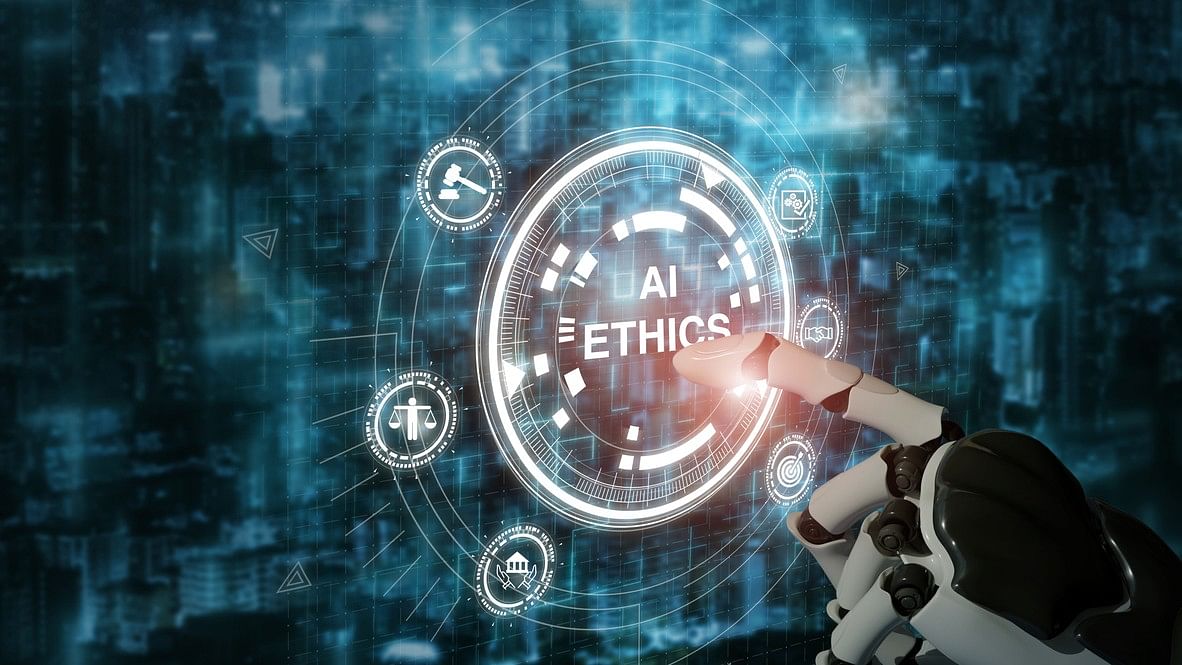
It is imperative that political parties renounce the use of deepfake technologies and other methods of mischief and misinformation in the run-up to the 2024 elections
Credit: iStock Photo
Prime Minister Narendra Modi has shared the concern many others have expressed over the rising use of deepfake images and videos and their impact on society. Modi told G-20 leaders on Wednesday that there are worries about the negative effects of Artificial Intelligence (AI) technologies with which deepfake images and videos can be created and that the world should work together to put in place global regulations for it. Before that, at a BJP function in Delhi, he had noted that AI had the capability to fan flames of disaffection in the country and sought the help of the media in educating people about the dangers that it poses. He cited the example of a deepfake video that showed him doing the garba dance and said that people could believe whatever they see to be true and that can lead to a crisis.
While the impact of AI on the privacy of individuals and on society has been recognised, one critical area where it could have a major negative impact is politics and electoral campaigns. The deployment of morphed and fake images and videos, false narratives built around them, artificially created surveys and opinions, manufactured events, misinformation and distortion of facts, and the like, have all been seen since the 2014 election campaign. The Prime Minister’s own party and its ‘IT Cell’ had led the digital campaign with the then available technologies. AI technologies would put digital campaigning on steroids and have the potential to cause untold disruption in the country’s already disturbed political milieu and destroy the purity and reliability of elections. But AI could also be a leveller as far as the less well-resourced Opposition parties are concerned, and this, perhaps, Modi realises. If Jawaharlal Nehru can be denigrated with fake narratives, Modi too can now easily become a victim of deepfake pictures and videos that can be used to manipulate people’s attitudes, opinions and thus their votes.
As the 2024 Lok Sabha elections approach, political parties will do well to realise the dangers of using AI technologies in campaigning. Nothing will be taboo and there will be no reservations about personal slander, calumniation of opposing parties and leaders, spread of misinformation, and creation of communal and sectarian strife. Therefore, it is imperative that political parties renounce the use of deepfake technologies and other methods of mischief and misinformation in the run-up to the 2024 elections. The Prime Minister, having rightly expressed his concerns and called for regulation, must take the lead to call an all-party meeting to arrive at a formal agreement between political parties. The Election Commission, charged with conducting free and fair elections, could issue a directive or even take the initiative to convene an all-party meeting on the issue.